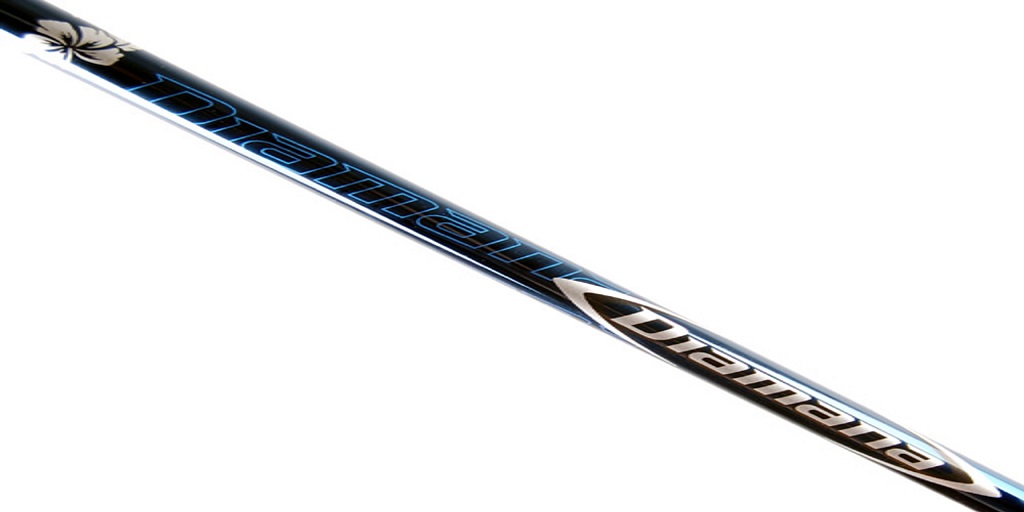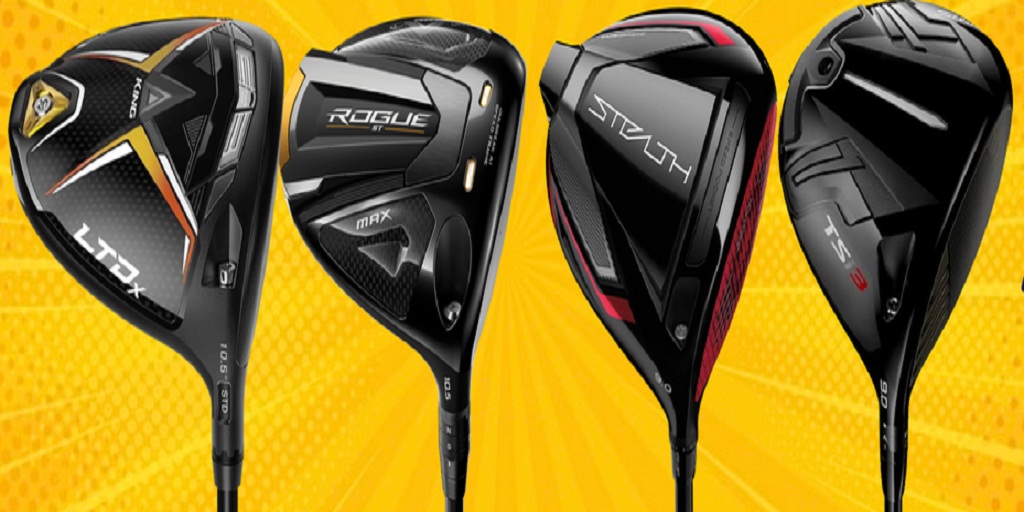Instead than relying on its own light source, night vision goggles are electro-optical devices that enhance (or magnify) current light. The battlefield is displayed to a soldier via a phosphor screen, such as night vision goggles, by image intensifiers, which gather ambient light and amplify it hundreds of times via electrical methods. The stars, the moon, or sky glow from distant artificial sources, such as cities, provide this ambient light.
The devices are sensitive to a wide range of light wavelengths, from visible to infrared (invisible). Users are not visible through night vision goggles; instead, you stare at a phosphor screen that magnifies an electronic picture.
Binoculars vs. Monoculars which one should you choose
Binoculars
You intend to utilise it for an extended period of time. Looking through a monocular for an extended amount of time may be highly uncomfortable (if you don’t believe me, try closing one eye and using the other to look at objects for 10 minutes and see if you develop eyestrain), therefore a binocular is a preferable option.
You prefer a high-resolution picture. No, we’re not talking about something with a 4K or full HD resolution. Because you’re utilising both eyes while gazing through a pair of binoculars, you’ll receive greater overall depth, distance, and three-dimensional seeing than you would with a monocular, which is generally flatter.
Uses of binoculars
Applications
Binoculars may be used for just about anything that requires optical enhancement. They’re also comfy to use for long periods of time. Binoculars can be used to watch athletic events, monitor wildlife, or simply explore the urban jungle.
Magnification
The magnification specifications of binoculars and monoculars are fairly comparable. They are usually available in the same amplification levels. They magnify enough to offer you a sharper vision at a distance, but not enough for extreme distances or in-depth astronomy, which will require a telescope.
Monoculars
You’ll need something that’s more portable and small. A monocular PVS-14 has the benefit of being easy to take around because it is smaller and lighter than a binocular.
You require something that is little more cost effective. When comparing a monocular to a binocular with the identical specifications, you’ll generally discover that the monocular is significantly less expensive.
You only have one functional eye. No, this isn’t one of our nasty jokes on individuals with poor eyesight, but we do have a customer who chose monocular since he only has one eye that works, making a binocular unnecessary for him.
Uses of monoculars
Applications:
Monoculars are smaller and less cumbersome than binoculars, making them ideal for travel. There’s also less of a danger of damaging it by banging it about on something. Most monoculars are also quite light and include straps that allow you to wear them around your neck more securely.
Magnifications:
Monoculars and binoculars are on an equal footing when it comes to magnification. A monocular, after all, is merely one half of a pair of binoculars. However, there are potential side effects of viewing enlarged items through a single view tube.





